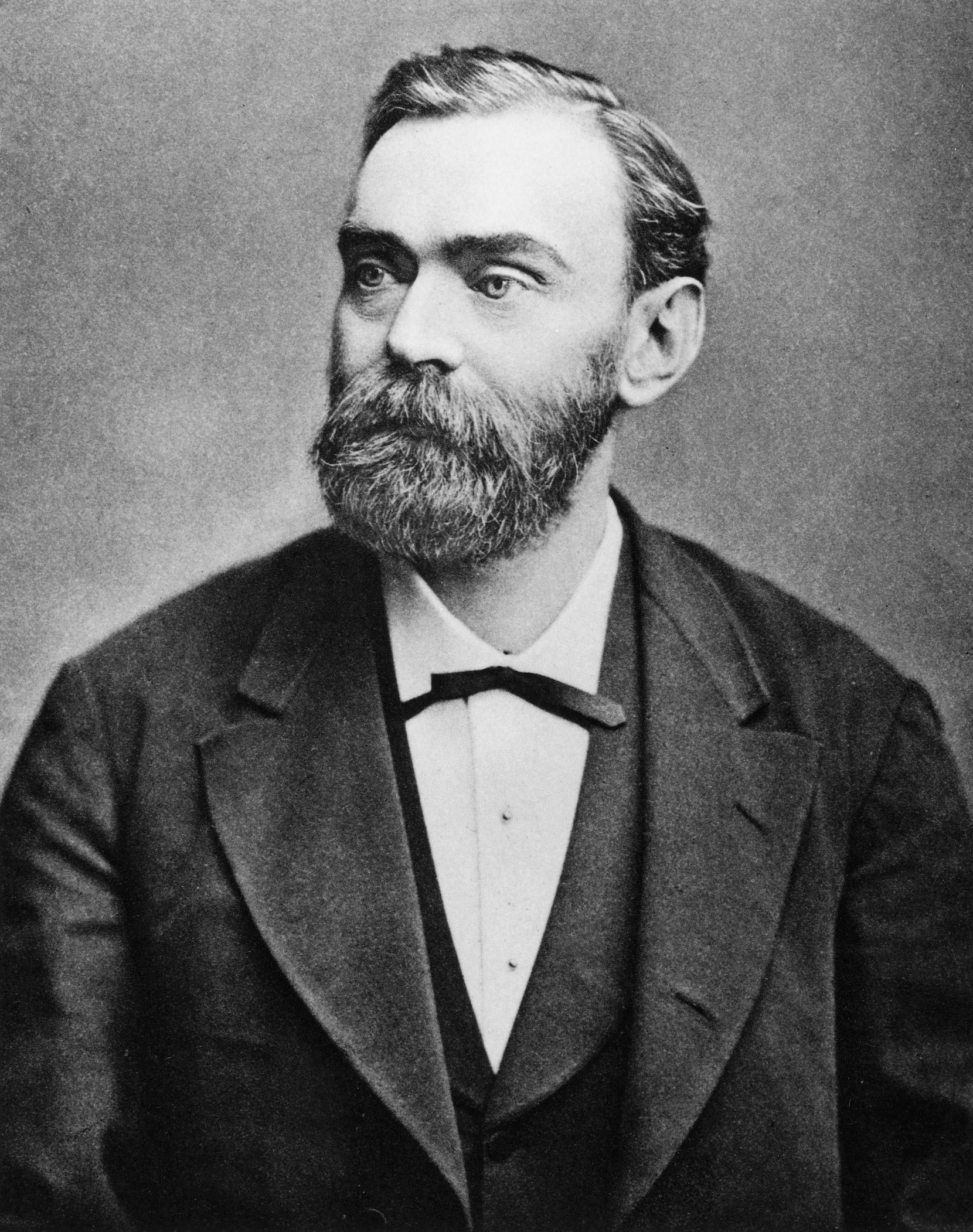

Alfred Nobel was a Swedish chemist, inventor, and industrialist who is best known for inventing dynamite and founding the Nobel Prizes.
Nobel was born in Stockholm, Sweden, in 1833. He was the son of a successful engineer and businessman, and he was interested in science and technology from a young age. He studied chemistry at the University of Stockholm and the University of Upsala, and he received his doctorate in 1859.
In 1867, Nobel invented dynamite, a powerful explosive that was used for mining and construction. He also invented other explosives, such as ballistite and cordite. Nobel's explosives were used in many wars, and he became a wealthy man.
However, Nobel was troubled by the use of his inventions for destructive purposes. In his will, he left the majority of his fortune to establish the Nobel Prizes, which are awarded annually to people who have made outstanding contributions in the fields of physics, chemistry, physiology or medicine, literature, and peace.
The Nobel Prizes are one of the most prestigious awards in the world, and they have been awarded to some of the most accomplished people in history. Nobel's legacy is one of peace and progress, and his work has had a profound impact on the world.
Here are some of the key things to know about Alfred Nobel:
Nobel's invention of dynamite revolutionized the mining industry and made it possible to build larger and more complex structures.

Alfred Nobel is a proper noun.
The name "Alfred Nobel" is of Swedish origin. The given name "Alfred" is of Germanic origin and means "elf-counsel". The surname "Nobel" is of uncertain origin, but it may be derived from the Old Norse word "nábja", which means "to build".
The name "Alfred Nobel" is therefore a combination of two words that both have positive connotations. This is perhaps a fitting name for someone who was such a brilliant and influential inventor.
What is Alfred Nobel famous for?
Question: How did Alfred Nobel's invention of dynamite contribute to the development of modern science?
This question would test your understanding of dynamite and its impact on the development of modern science. You would need to be able to explain that dynamite is a powerful explosive that has been used in a variety of scientific applications, such as mining, construction, and research.
Here is a possible answer to the question:
Address
Developing Experts Limited
Exchange Street Buildings
35-37 Exchange Street
Norwich
NR2 1DP
UK
Phone
01603 273515
Email
hello@developingexperts.com
Copyright 2025 Developing Experts, All rights reserved.